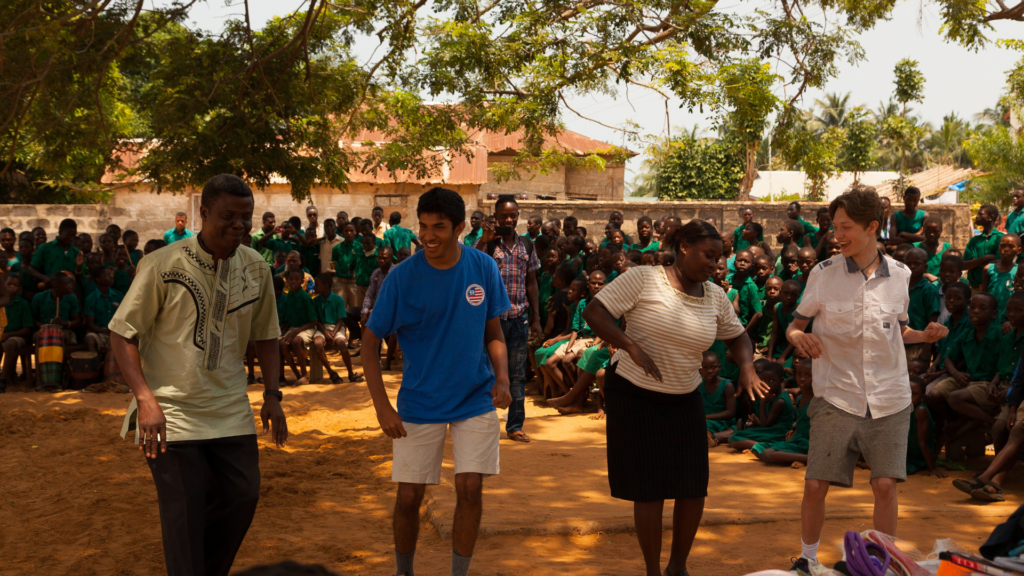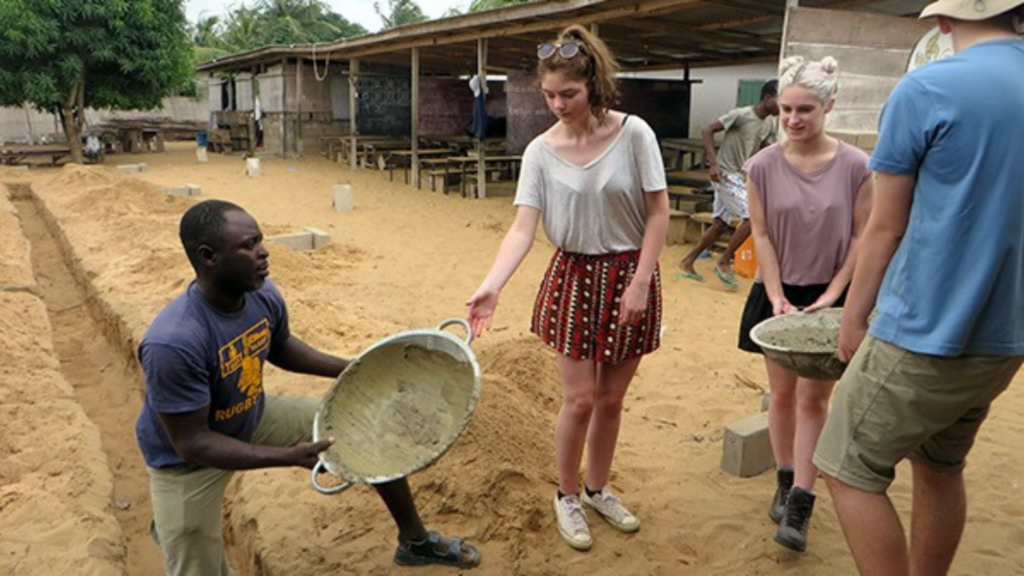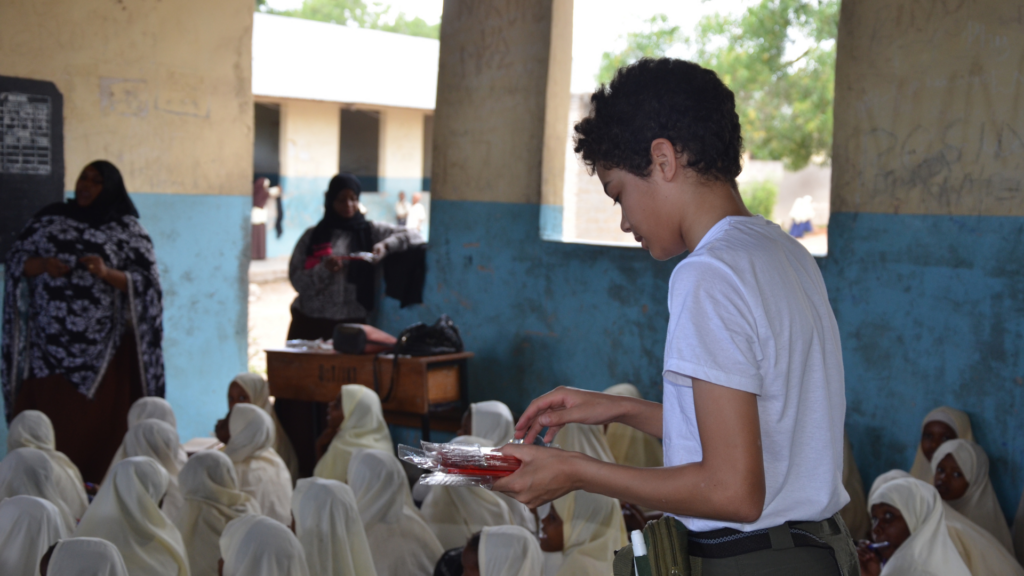You’ve probably heard the term ‘global citizen’ in curriculum planning meetings and the Ofsted Inspection Framework, but what is it? And why should the next generation learn about global citizenship?
Young people are the changemakers of tomorrow. One day, they will need to take on the challenge of overcoming the world’s problems. They must be given the tools required to engage and positively influence others and drive change.
What does it mean to be a global citizen?
A global citizen is someone who is aware of and understands the wider world and their place in it. They actively participate in their community and work with others to make the world more equal, fair and sustainable.
Outlined by Ofsted’s Education Inspection Framework, students should be able to reflect on their own worldviews, be respectful of other people’s faiths, and enjoy learning about the world around them. They should also be able to use their social skills to work with those from different religious, ethnic and socio-economic backgrounds and be interested in exploring different cultures, which perfectly ties in with being a global citizen.

What are the benefits of being a global citizen for students?
1. Encourages personal development
Personal development is about students enhancing their knowledge, attitude, skills and behaviour, which can be utilised outside of the classroom. By engaging in current global issues or learning about different countries, students become more ‘well-rounded’ as a person. This will have a positive impact on their lives and the world around them. This broader, holistic self-development increases their opportunities outside of school and the global impact they are likely to have.
Download our ‘How to Hit Ofsted’s Personal Development Requirement’ guide here.
2. More employable
By immersing themselves in different cultures, beliefs and views, students will learn a range of skills such as teamwork, communication, critical thinking, leadership skills and problem-solving. These skills are essential in their next steps after school, being transferable into the workplace or higher education.

3. Develop resilience
By being a global citizen, students can see the potential for change and how they could contribute towards this. However, it’s important for them to understand that change doesn’t happen overnight, and resilience is required to make a long-term difference.
4. Broaden horizons
Students who wish to broaden their horizons through global citizenship will become more empathetic of others and develop in a more diverse way. They will connect with other people, cultures, and develop a broader outlook on life, which will help them to make a positive difference in the world.

What steps can students take to become global citizens?
Volunteering aboard
International volunteering is a powerful movement that, when carried out ethically, can be a force for good, helping to change lives in those communities and for those taking part.
Our school volunteer trips offer an insight into a new culture and a different way of life. It encourages critical thinking, community participation and resilience and gives people a greater understanding of both global citizenship and responsibility.

Understanding global issues
Set your students the task of when they next see a news item or social media post that makes them react in a way they didn’t expect, and ask them to find out more about it. What’s the background? What made them react in the way they did? Do they have enough understanding of the subject to participate in the discussion? Would they have reacted differently if it happened to them?
Bring Africa into the classroom
Increase your students’ understanding of global citizenship, international development and responsible travel with our engaging lesson plans. Our educational resources are designed for students aged 13 and above and can be used in various lessons, including geography, English, citizenship, and PSHE.

